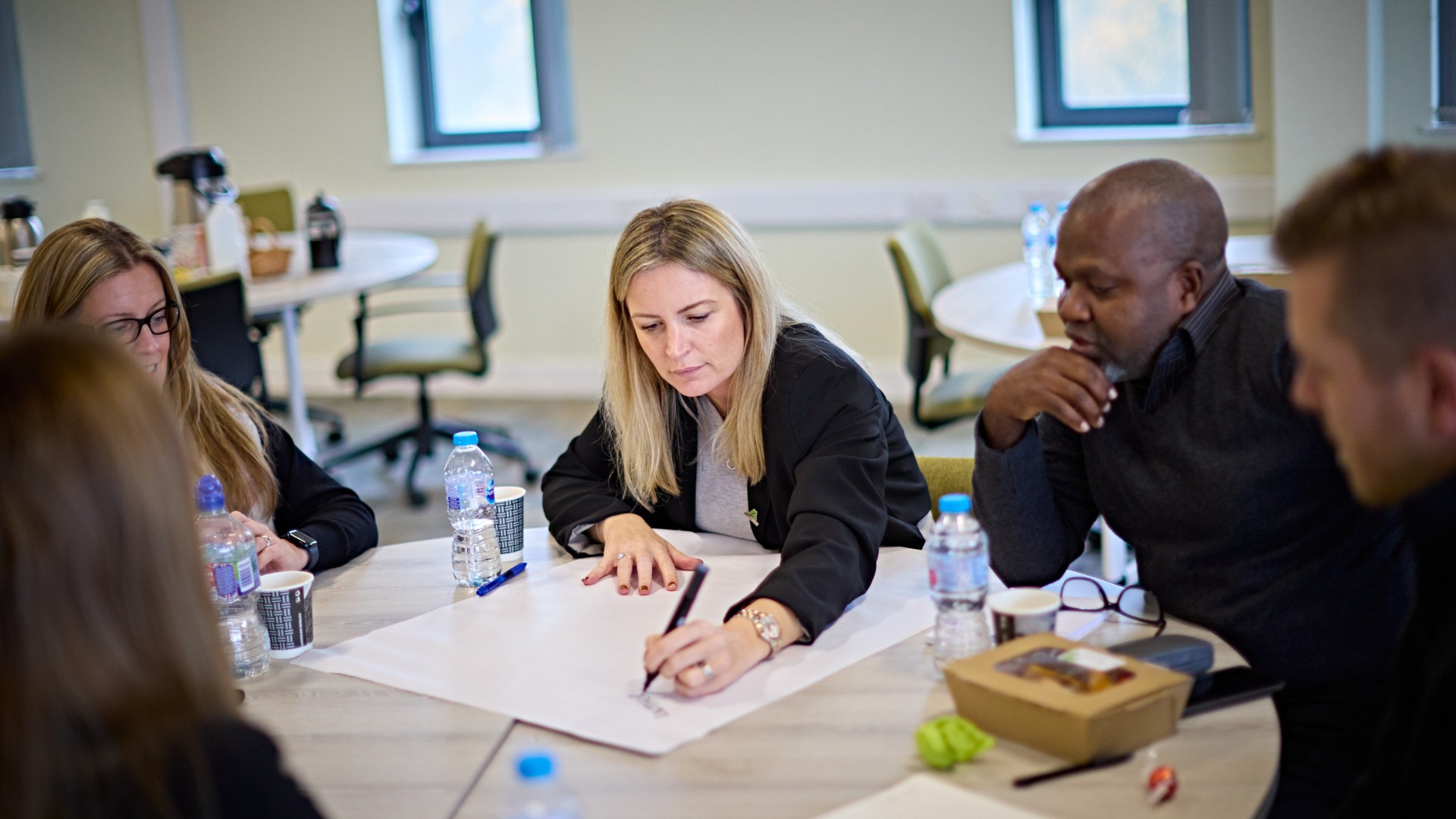
How to be more productive at work

Pete Greenan
Senior Lecturer in Management and Human Resource Development
Hi, I’m Dr Pete Greenan, Senior Lecturer in Management and Human Resource Development at Huddersfield Business School.
Hi. I'm Dr Pete Greenan. Since joining Huddersfield Business School in 2014, I have taught on undergraduate and post graduate courses in the UK and Hong Kong. I’m also the Course Leader of the Level 5 Professional Manager Apprenticeship. My research focusses on human resource development, transfer of training and work-based learning. As well as my PhD, I hold a Masters Degree in Human Resource Development, BA (Hons) in Social Science and am a Chartered Member of CIPD. Prior to this I worked in various management and training roles which developed both individuals and teams in a variety of industries such as travel and finance. In this blog, I will be sharing my tips and insights on how you can enhance your productivity at work and achieve your career goals through effective goal setting, and transfer of training.
What does productivity mean to you?
Being productive means different things to different people. For some, it may be the tangible aspect of completing a task. Ticking off your ‘to do’ list is generally considered to be productive. For others it may be learning new skills to help you complete a task. Although you might not have ticked a task off you are in better place to achieve the task. Whatever it means to you, you might agree that being productive is about the accomplishment of a goal.
Goal setting
Setting goals can be complicated as they can be learning, outcome, short term, or long-term goals. Establishing goals is one thing; accomplishing them is another. A useful accompaniment to a goal is an implementation intention. This specifies the behaviour to be performed and the situational context it is to be executed. If situation A occurs, I will perform behaviour B.
For example, suppose you have a report to complete by the end of the week but get distracted by emails. Consider this – when working on the report (situation A), I will turn my emails off (behaviour B). This method can significantly enhance focus and productivity.
The role of learning and development
Creating a continuous learning culture is vital to boost employee productivity. This involves investing in learning, training, and development to improve performance and achieve objectives by effectively applying what is learned.
It is the application of training and learning where the real benefit to productivity is realised, something that I have studied for a while. Design of the training is important as are individual trainee characteristics, but it is the workplace support, especially from the line manager which encourages the most transfer. This is where the continuous learning culture pays dividends in enhancing productivity.

My top tips
- Set clear, achievable goals - is it a learning goal or an outcome goal? Is it a short term or long-term goal? Research has found that longer term goals with incremental shorter-term goals are more achievable.
- Set an implementation intention as well as the goal to increase your chance of achieving the goal.
- Training on its own is not a magic potion, you must focus on the post training environment to support transfer into the job role.
- Choosing the right academic course is important, especially with an apprenticeship. If you don’t get chance to apply what you've learned, you won’t improve your competence or productivity.
At Huddersfield Business School we offer management qualifications that are designed to keep you at the cutting edge of leadership practice. Providing you with the skills necessary to achieve your full potential as a manager, senior leader, and executive. You can find out more about the Business Support and Professional Development opportunities offered by Huddersfield Business School at - https://www.hud.ac.uk/about/schools/huddersfield-business-school/business-support-and-professional-development/
You can learn more about Pete Greenan in his feature of our Meet our academics blog series - https://blogs.hud.ac.uk/hbsblog/dr-pete-greenan/

